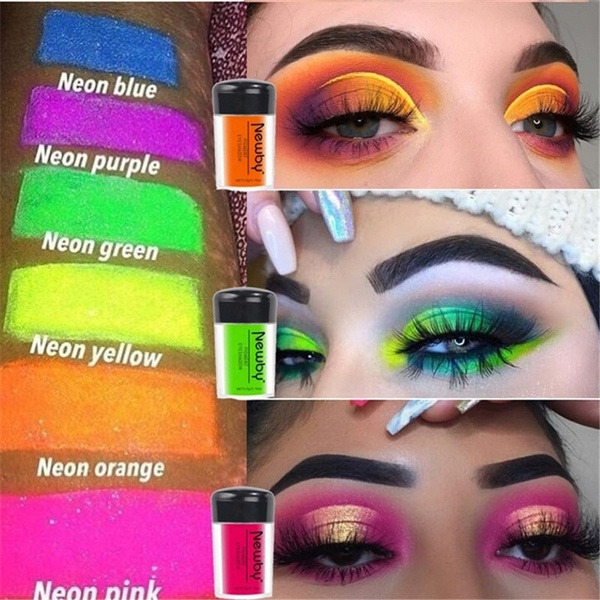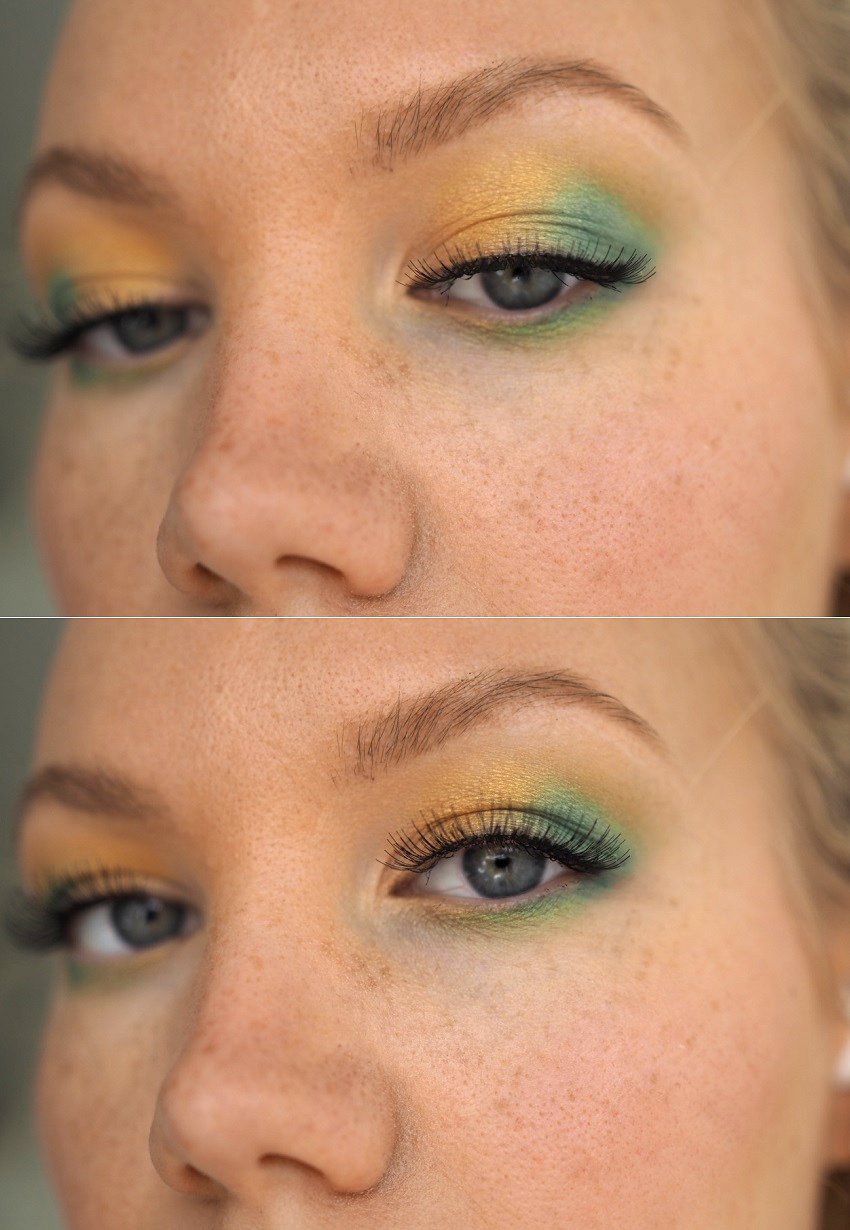
Chloe 👩🏻🎨 on Instagram: “PEACOCK 🦚 There's something majestic about blue green and yellow, they look so nat… | Dramatic eye makeup, Colorful eye makeup, Makeup

Eye Makeup Eyeshadow High Pigment Loose Powder Yellow Green Blue Eye Shadow Dust Summer Matte Eyeshadow Powder Palette | Wish

Natural Beauty4ever on Twitter: "Hey guys try simple green and yellow self party /bridal eye makeup with glitter.Hope you like it. https://t.co/nquwS9l0Tu #partyeye #bridaleye #glitterryemakeup #eyemakeup # Makeup #Greenyelloweyemakeup https://t.co ...

Amazon.com : Green Eyeshadow Palette Green Glitter Eyeshadow Highly Pigmented, Afflano Forest Emerald Green Christmas Makeup Palettes,Yellow Lime Grass Grinch Green Makeup Eye Shadow Pallet Matte Shimmer 15 Color : Beauty &










1.jpg)
:max_bytes(150000):strip_icc()/Green-Eyeshadow-327dc68007854f7d96fb790f4550bbab.jpg)



![UPDATED] 40+ Yellow Eyeshadow Inspiration UPDATED] 40+ Yellow Eyeshadow Inspiration](https://www.lookslikecandy.com/wp-content/uploads/2020/03/90087702_223009812233263_2629266936920137592_n.jpg)





